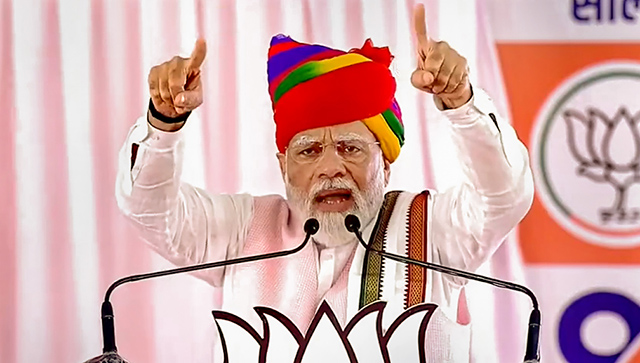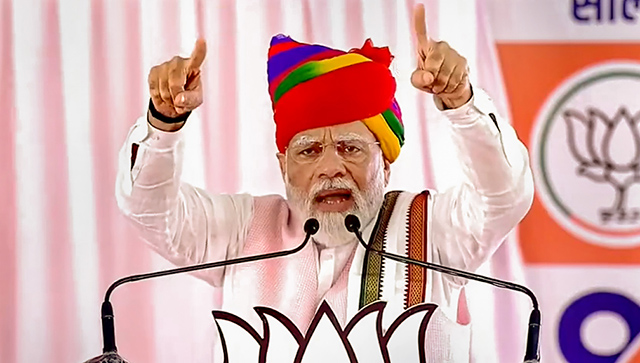Lawyers for the central government have argued that Indian citizens do not have absolute control over their bodies, in a Supreme Court hearing. Making an Aadhaar ID mandatory for filing income tax returns is being challenged in the court. Attorney General Mukul Rohatgi was justifying the need for the enrollment of Aadhaar cards. Rohatogi dismissed the leaks of 1.6 million Aadhaar numbers in Jharkand as originating from the Jharkand government office, and not the UIDAI. Additionally, he pointed out that no biometric data was leaked.
The UIDAI has insulated itself very well from any blame or responsibility for leaks in the wider Aadhaar ecosystem . Moreover, the problem with a number of these leaks from official government sources is that the leaks are not leaks in the traditional sense. It is not the case that there was limited access to the confidential private data, which has been released publicly by an insider or through malicious cyber attacks. Instead, the databases were never treated as confidential and private in the first place, and were treated as publicly shareable data .
Rohatgi actually went ahead and said that the Aadhaar numbers can be made public, and that confidentiality was needed only for the biometric data. This is despite a clear provision in the Aadhaar Act that does not allow public sharing of Aadhaar numbers. “No Aadhaar number or core biometric information collected or created under this Act in respect of an Aadhaar number holder shall be published, displayed or posted publicly, except for the purposes as may be specified by regulations,” is the exact wording in the Act.
Rohatgi also said that individuals do not have absolute control over their bodies. The attorney cited examples of limitations on organ trade, the fact that committing suicide is a crime, the restrictions on prostitution and the legal controls on consuming recreational drugs. The illegality of drunken driving, as well as controls on abortions beyond 20 weeks were also brought up as examples. These reasons were used to argue that the state should be allowed to collect biometric data of the individual citizens. The case proceedings were reported by Livelaw and Bar and Bench .
#Aadhaar: Informational self-determination should be seen in Indian context, not by what privacy means in some foreign country, Centre.
— Bar & Bench (@barandbench) May 3, 2017
At an Aadhaar hearing in July 2015 , Attorney General Mukul Rohatgi had made it clear that Indians do not have a right to privacy at all. “Right to Privacy is not a fundamental right under our Constitution. It flows from one right to another right. Constitution makers did not intend to make Right to Privacy a fundamental right. There is no fundamental right to privacy so these petitions under Article 32 should be dismissed,” he had said.


)




)
)
)
)
)
)
)
)